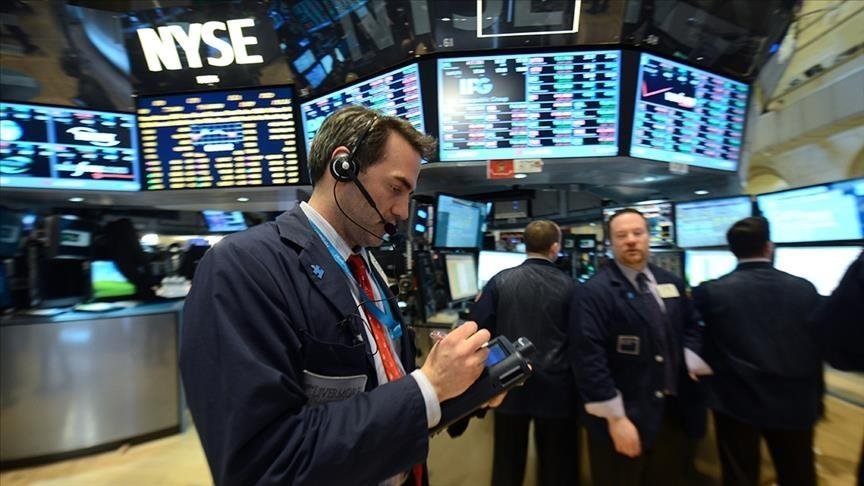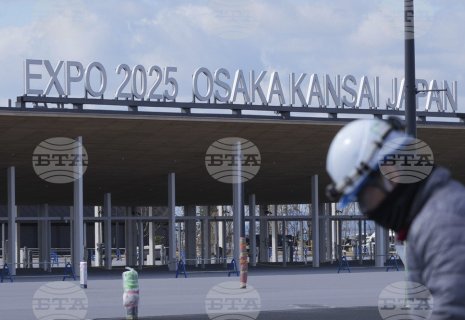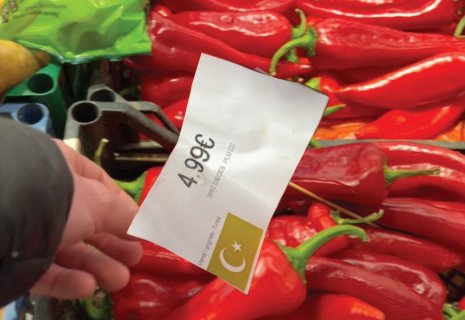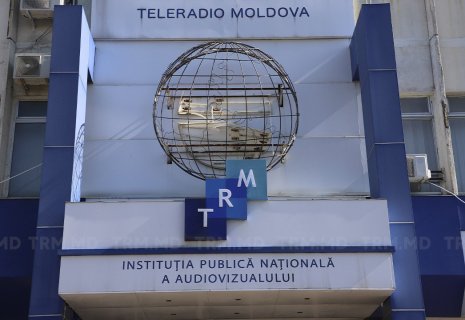
Global Markets Mixed Amid Political Turmoil and Geopolitical Tensions
Global markets displayed mixed performances last week as optimism about a soft landing for the US economy was tempered by political crises in South Korea and France, as well as rising geopolitical tensions in the Middle East, CE Report quotes Anadolu Agency
US Economy and Federal Reserve
The US Federal Reserve is widely expected to implement a 25-basis-point rate cut in December, with an 85% probability priced into the market. Fed Chair Jerome Powell noted that the current strength of the US economy allows for cautious monetary policy adjustments. Despite this, some officials voiced concerns over stalled inflation progress, urging gradual rate cuts.
Meanwhile, President-elect Donald Trump eased market worries by confirming he would retain Powell as Fed Chair. However, his comments on potential tariff increases added to inflationary concerns.
The US labor market showed resilience in November, adding 227,000 jobs, though the unemployment rate edged up to 4.2%. Average hourly earnings increased to $35.61. The University of Michigan Consumer Index also beat expectations, rising to 74 in December.
Commodities and Currencies
Gold prices edged higher to $2,640 per ounce, reflecting uncertainty in the Middle East, while Brent crude oil rose 0.2% to $71.2 per barrel after OPEC+ postponed production adjustments. The US Dollar Index also climbed 0.2% to 106.2.
Bitcoin surpassed $103,000 before retreating to $99,170, following market exuberance over Trump's election win.
Stock Market Movements
US stocks ended the week with mixed results. The S&P 500 gained 0.25%, the Nasdaq 0.81%, while the Dow Jones dipped 0.28%. Tech stocks such as Tesla (+5.3%), Amazon (+2.9%), and Alphabet (+1.3%) gained, while Nvidia slipped 1.8%. Shares of UnitedHealth dropped 5.1% after its CEO’s unexpected death.
In Europe, markets were mostly positive, with Germany’s DAX 40 rising 0.13% and France’s CAC 40 gaining 1.31%. However, the UK’s FTSE 100 fell 0.49%, reflecting concerns over job market declines and economic uncertainty.
Asia’s Diverging Trends
In Asia, Japan’s economy expanded by 1.2% in Q3, keeping the Nikkei 225 steady. However, South Korea’s Kospi fell 2.5% amid political instability, with President Yoon Suk Yeol avoiding an impeachment attempt. China’s indices weakened as inflation data underwhelmed, and its gold reserves declined slightly despite renewed purchases by the central bank.
Analyst Outlook
Analysts identified key resistance levels at 10,150-10,200 and support at 9,800-9,900 for Turkey's BIST 100 index. The global outlook remains cautious, with attention on geopolitical developments and monetary policy decisions.






















